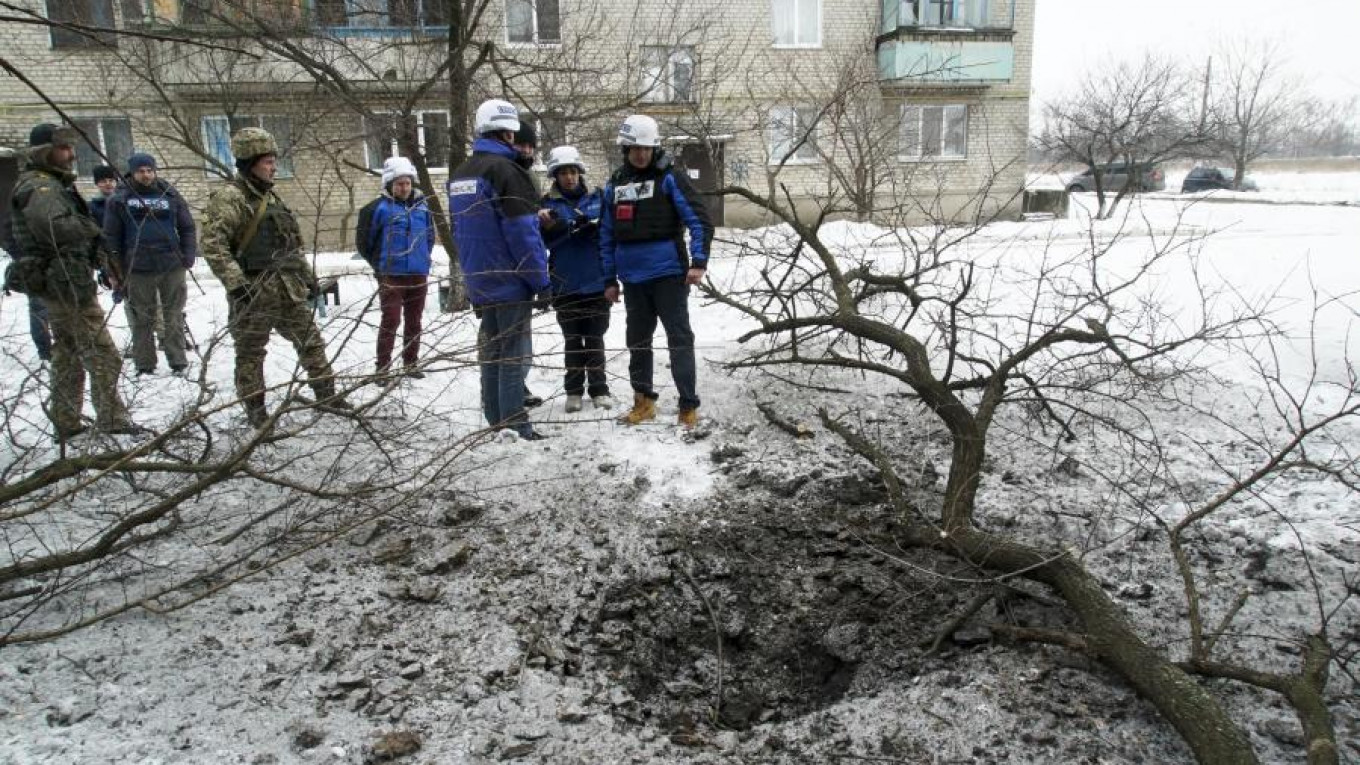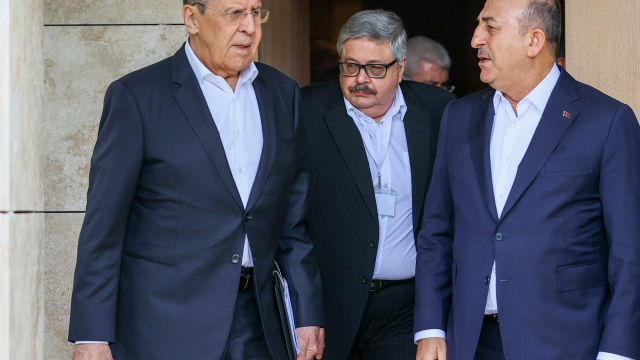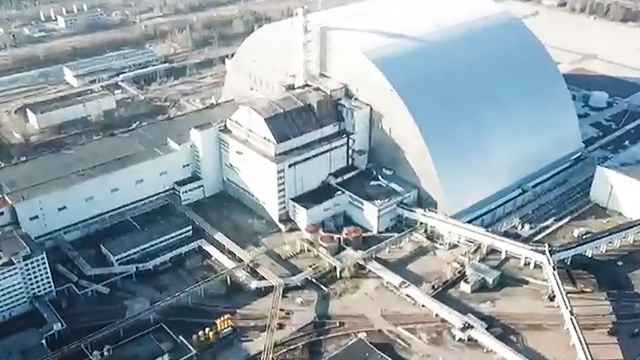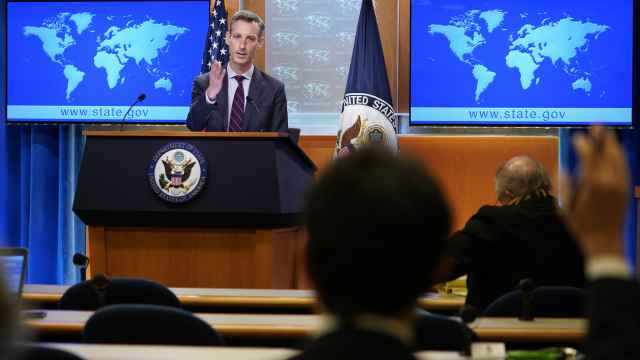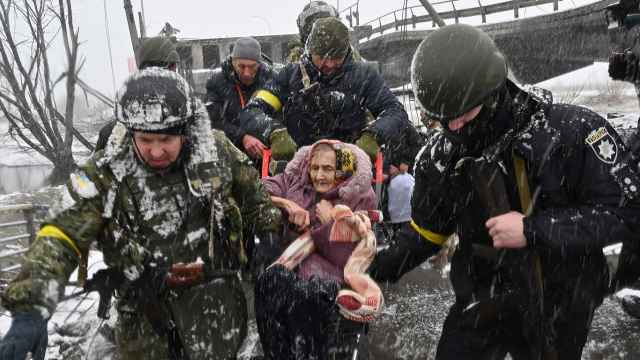The Organization for Security and Cooperation in Europe (OSCE) will expand its mission to Ukraine, by increasing the number of monitors and broadening the scope of their work, OSCE Chairman Sebastian Kurz has said.
Kurz, who is also the Austrian foreign minister, made the announcement during a Wednesday meeting of the UN Security Council, where he reasserted the OSCE's role in mediating the Ukraine conflict.
The statement came on the heels of Kurz's January visit to the conflict zone. During his UN address, Kurz said last month's escalation in Ukraine's Donbass region was "unacceptable" and called on all sides of the conflict to obey the Minsk Agreement and the ceasefire.
"We must improve the living conditions for the local population, especially along the contact line," he said. "For this access of humanitarian organizations is crucial."
Kurz announced a three-part proposal to de-escalate tension in eastern Ukraine. He suggested increasing the number of civilian monitors operating in Ukraine, improving the technical equipment for monitoring, and extending the mission's operating hours along the contact line.
However, last week, OSCE Secretary General Lamberto Zannier announced a more concrete plan: The organization would increase the number of demilitarized zones to 20 and raise the number of civilian monitors to 800.
Since its foundation in March 2014, the OSCE monitoring mission to Ukraine has grown significantly. The initial deployment decision called for 100 monitors operating across Ukraine, with the possibility of adding up to 400 additional monitors as circumstances demanded.
However, by December 2016, the mission had grown to nearly 700 monitors, with nearly 600 deployed in the conflict zone. The OSCE had also granted the Chief Monitor the ability to increase that number to 1000.
This growth reflects the realities of the war. Over two years later, the situation remains unstable and prone to outbursts of violence — most recently, when fighting erupted around the town of Avdiivka on Jan. 28. Since 2014, the conflict has taken nearly ten thousand lives.
A Message from The Moscow Times:
Dear readers,
We are facing unprecedented challenges. Russia's Prosecutor General's Office has designated The Moscow Times as an "undesirable" organization, criminalizing our work and putting our staff at risk of prosecution. This follows our earlier unjust labeling as a "foreign agent."
These actions are direct attempts to silence independent journalism in Russia. The authorities claim our work "discredits the decisions of the Russian leadership." We see things differently: we strive to provide accurate, unbiased reporting on Russia.
We, the journalists of The Moscow Times, refuse to be silenced. But to continue our work, we need your help.
Your support, no matter how small, makes a world of difference. If you can, please support us monthly starting from just $2. It's quick to set up, and every contribution makes a significant impact.
By supporting The Moscow Times, you're defending open, independent journalism in the face of repression. Thank you for standing with us.
Remind me later.


